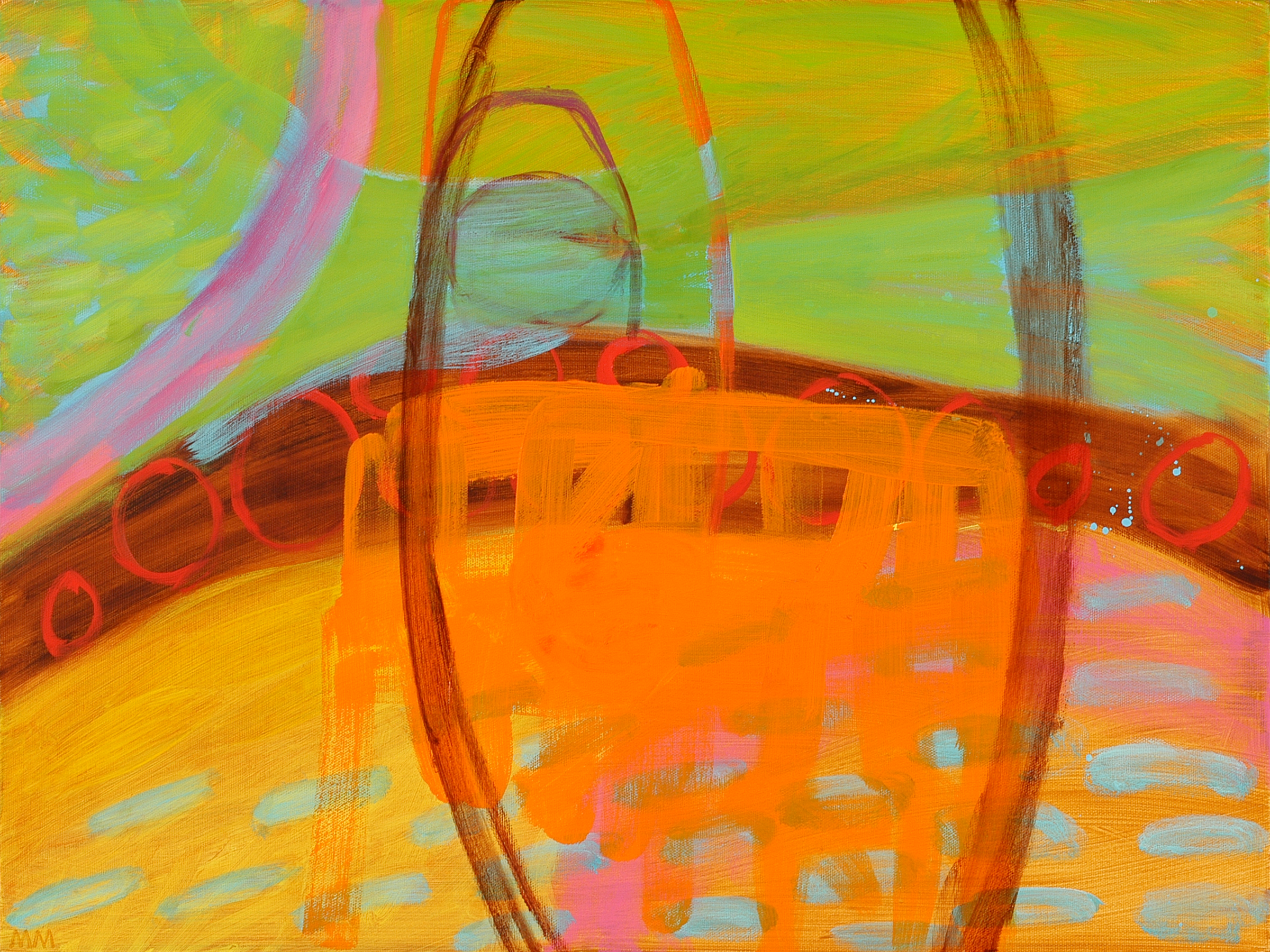
Working Papers
The Return of Anti-Semitism?
Waves of Societalization and What Conditions Them
Jeffrey C. Alexander and Tracy Adams
In this programmatic essay, we provide a new framework for understanding, and explaining, the recent renewal of anti-Semitism in Western societies today. The explosion of anti-racist movements like BLM and anti-sexist movements like #MeToo have dominated public attention space – along with the dangerously anti-democratic populist backlash movements against them, to which the jet fuel of anti-immigration has been added. Hidden in plain sight amidst these hugely combustible confrontations, however, has been the revival of publicly anti- Semitic words and deeds.
The End of Multiculturalism?
Chad Alan Goldberg
The distinguished cultural sociologist and social theorist Jeffrey Alexander defined the civil sphere in his seminal 2006 book of the same title as “a world of values and institutions that generates the capacity for social criticism and democratic integration at the same time.” Such a sphere relies on civil solidarity, a kind of solidarity that transcends primordial differences of language, race, religion, gender, and ethnicity. To be sure, “real civil societies are created by social actors at a particular time and in a particular place.” These founders, their qualities, and the place of their creation subsequently become consecrated and conflated with “the very essence of civility,” while out-groups are in contrast deemed unfit for incorporation into the civil sphere. But Alexander’s book developed a theoretical framework for understanding the historical struggles of excluded out-groups to expand civil solidarity and achieve incorporation in the civil sphere. The Jewish question occupies a prominent place in this discussion. “In the history of Western societies,” Alexander rightly remarks, “no issue has loomed larger for the civil sphere than the incorporation of the Jews,” and his book accordingly devotes nearly 90 of its 550 pages to the Jewish question. In this paper, I would like to suggest that Civil Sphere Theory provides an important basis for making sense of the resurgence of antisemitism in the United States in recent years.
